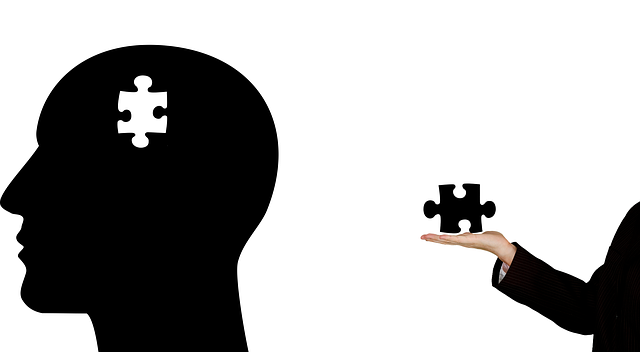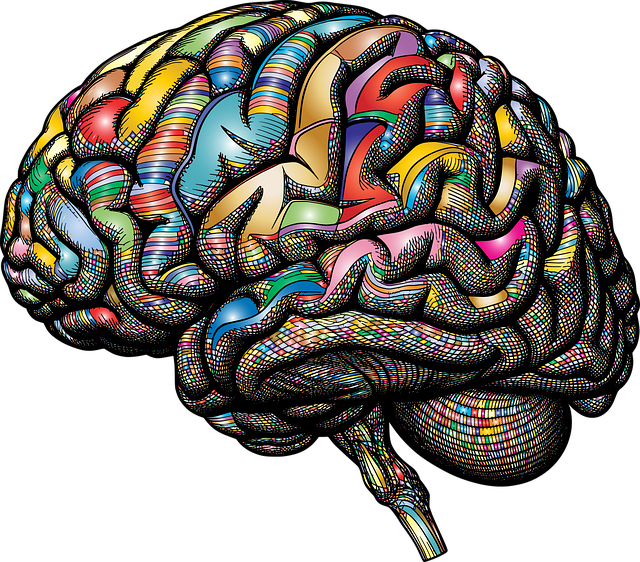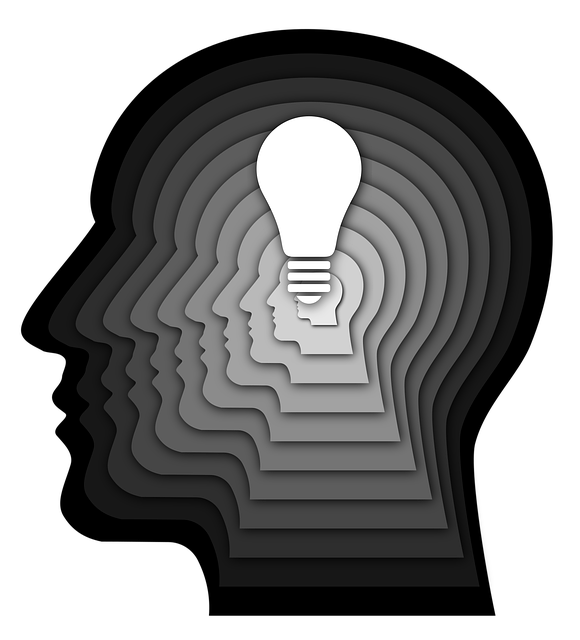Mental wellness self-assessment tools, including Highlands Ranch Exposure and Response Prevention (ERP) Therapy, are key to understanding individual health states, tracking progress, and customizing interventions for anxiety disorders. ERP combines exposure therapy with response prevention, encouraging individuals to confront fears while adopting new coping behaviors. A holistic approach that measures psychological constructs like resilience, emotional regulation, and mindfulness, backed by research on risk assessment, enables professionals to deliver personalized support for optimal mental wellness. By integrating ERP into self-assessment, users gain insights into triggers, thought patterns, and behaviors, empowering proactive mental health management.
“Mental wellness self-assessment tools play a pivotal role in empowering individuals to take charge of their mental health. This article delves into the development of these transformative resources, offering a comprehensive guide for professionals. We explore the significance of self-assessments, particularly highlighting the impact of Highlands Ranch Exposure and Response Prevention Therapy (ERPT) on their effectiveness.
Through step-by-step strategies, we uncover how to create tools that accurately evaluate mental wellness. Additionally, we provide insights into implementing and evaluating these assessments for optimal support, fostering a holistic approach to mental health care.”
- Understanding Mental Wellness Self-Assessment Tools
- The Role of Exposure and Response Prevention Therapy (Highlands Ranch) in Self-Assessment
- Developing Effective Assessment Tools: A Step-by-Step Guide
- Implementing and Evaluating Self-Assessment Tools for Optimal Mental Health Support
Understanding Mental Wellness Self-Assessment Tools

Mental wellness self-assessment tools play a pivotal role in identifying individual mental health states, tracking progress, and tailoring interventions. These tools are especially crucial in areas like Highlands Ranch Exposure and Response Prevention Therapy (ERPT), where understanding a client’s coping mechanisms and emotional responses is key to effective treatment. ERPT, for instance, leverages exposure therapy techniques combined with response prevention strategies to help individuals manage anxiety disorders by gradually facing fears and learning new coping behaviors.
Moreover, the development of these self-assessment tools should incorporate not just symptom checking but also the measurement of psychological constructs such as resilience, emotional regulation, and mindfulness—aspects often targeted through Compassion Cultivation Practices. This comprehensive approach is supported by a growing body of research indicating that mental health policy analysis and advocacy, driven by robust risk assessment methods, can lead to improved care outcomes. By integrating these diverse elements, self-assessment tools become more nuanced, enabling professionals to offer personalized support for optimal mental wellness.
The Role of Exposure and Response Prevention Therapy (Highlands Ranch) in Self-Assessment

Highlands Ranch Exposure and Response Prevention Therapy (ERP) plays a pivotal role in mental wellness self-assessment tools development. ERP is a highly effective form of cognitive behavioral therapy that focuses on desensitizing individuals to anxiety-provoking situations, fostering gradual exposure and changing maladaptive responses. By integrating this approach into self-assessment tools, users can gain profound insights into their emotional triggers, thought patterns, and behaviors, thereby enhancing self-awareness. This, in turn, enables them to proactively manage stress, anxiety, or other mental health challenges through evidence-based strategies.
Beyond ERP, the design of Mental Health Education Programs and the development of public awareness campaigns can complement self-assessment tools by providing broader context and support. Self-awareness exercises within these programs can reinforce learning from assessments, encouraging individuals to apply newfound knowledge in their daily lives. Public awareness campaigns, on the other hand, help normalize conversations around mental health, reducing stigma and promoting early intervention—crucial components for maintaining holistic mental wellness.
Developing Effective Assessment Tools: A Step-by-Step Guide

Developing effective mental wellness self-assessment tools is a multifaceted process that requires careful consideration and a structured approach. To create robust assessments, begin by identifying specific areas of focus, such as anxiety, depression, or stress management. This step is crucial for tailoring the assessment to address particular concerns. For instance, Highlands Ranch Exposure and Response Prevention (ERP) Therapy targets fear responses, making it an excellent framework for assessing and managing anxiety-related issues.
Next, define clear objectives for your assessment tool. Are you aiming to diagnose mental illness, reduce stigma, or promote emotional well-being? Incorporate evidence-based techniques relevant to these goals. For example, include questions that encourage self-reflection on stress triggers and coping mechanisms, aligning with effective Stress Management strategies. This guide ensures a comprehensive yet user-friendly assessment that can be a powerful resource in Mental Illness Stigma Reduction Efforts and fostering Emotional Well-being Promotion Techniques.
Implementing and Evaluating Self-Assessment Tools for Optimal Mental Health Support

Implementing self-assessment tools for mental wellness is a powerful strategy to empower individuals in their journey towards better mental health. These tools, like Highlands Ranch Exposure and Response Prevention (ERP) Therapy, play a pivotal role in enabling people to gain insights into their emotional states and triggers. By assessing one’s symptoms, thoughts, feelings, and behaviors, individuals can identify areas of concern and take proactive steps towards self-improvement.
Evaluation is an integral part of this process. Regularly measuring the effectiveness of self-assessment tools through user feedback and data analysis ensures that they remain relevant and beneficial. This feedback loop allows for adjustments to be made in the design and implementation of mental health support systems, including Stress Management Workshops Organization and Mental Health Education Programs Design. Ultimately, continuous evaluation fosters a more tailored and effective approach to addressing an individual’s unique mental wellness needs.
Mental wellness self-assessment tools play a pivotal role in empowering individuals to take charge of their mental health. By understanding their current state and identifying areas for improvement, these tools facilitate proactive care. The integration of evidence-based therapies like Highlands Ranch Exposure and Response Prevention Therapy (ERP) enhances their effectiveness, offering tailored support for diverse mental health needs. Following a structured development process, as outlined in this guide, ensures accurate and reliable assessments. When properly implemented and evaluated, these tools can revolutionize mental health support, fostering resilience and enhancing overall well-being.














